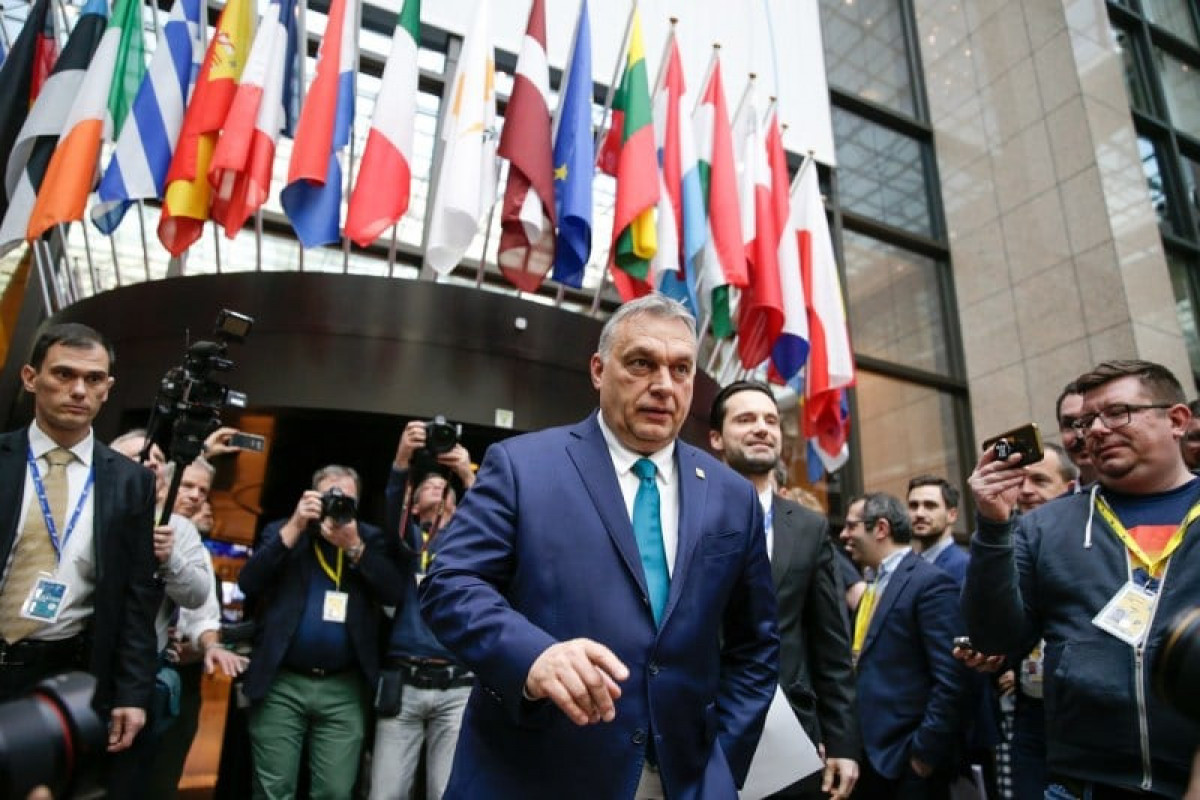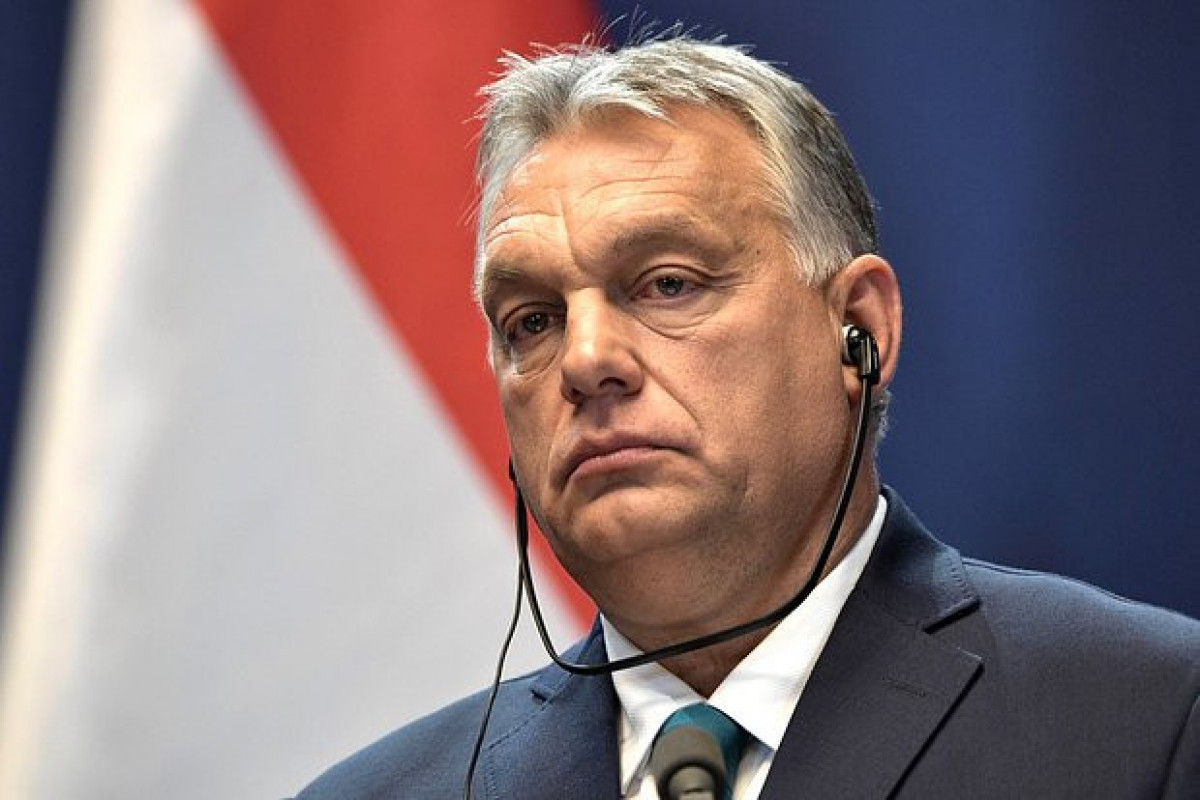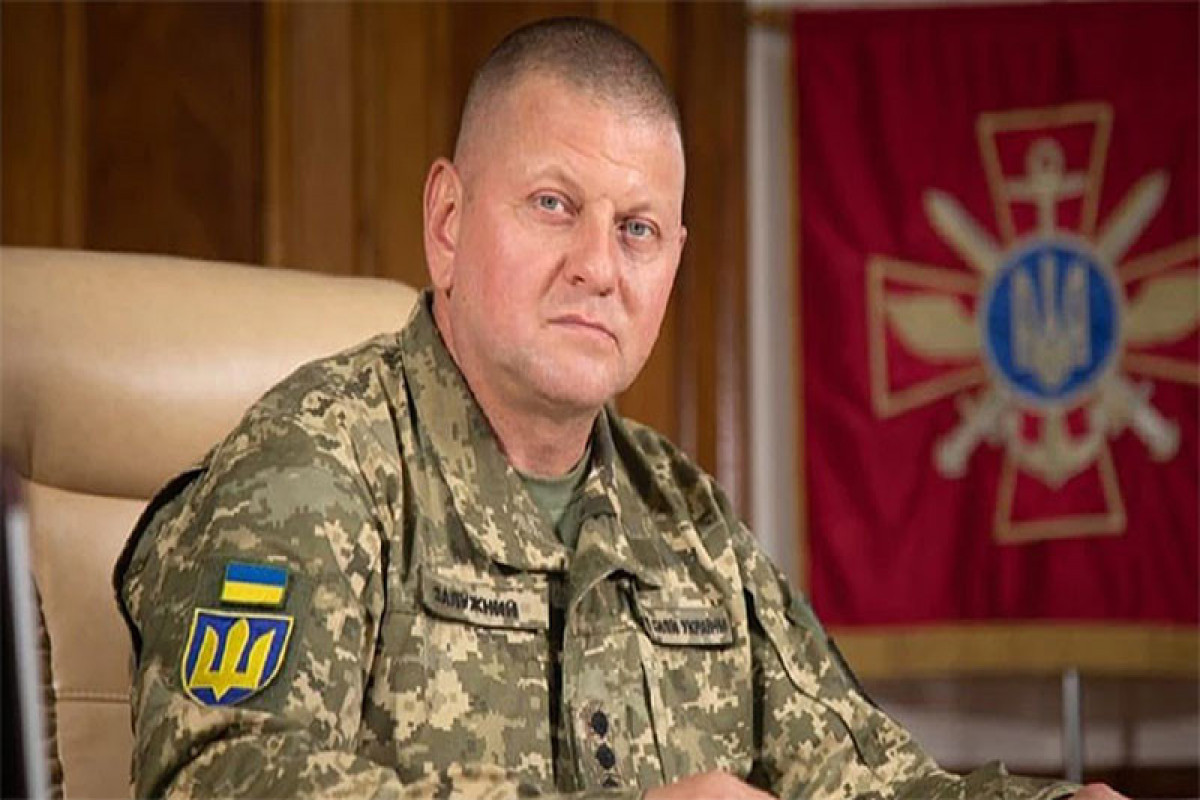European Court of Human Rights (ECHR) said today that Russia was responsible for the breach of six articles of the European Convention of Human Rights, as well as for violating Art. 2 in procedural sense, involving failure to conduct effective investigation into alleged breach of right to life, in the aftermath of Russo-Georgian War of August 2008, APA reports citing Civil.ge.
The judgment, delivered by the Grand Chamber of the Strasbourg-based court into inter-state complaint lodged by Georgia against Russia in connection to the War of August 2008, said events following the ceasefire agreement of 12 August, 2008 that ended the active phase of the war, had fallen within the Russian jurisdiction regarding Article 1 of the Convention, involving obligation to respect human rights.
The Court said the events occurring during the active phase of hostilities between 8 to 12 August 2008, had not fallen within the Russian jurisdiction and declared this part of Georgia’s application inadmissible, however, held that “the Russian Federation had exercised “effective control” over South Ossetia, Abkhazia and the “buffer zone” during the period from 12 August to 10 October 2008, the date of the official withdrawal of the Russian troops.”
The Court continued that, “after that period, the strong Russian presence and the South Ossetian and Abkhazian authorities’ dependency on the Russian Federation indicated that there had been continued “effective control” over South Ossetia and Abkhazia.”
The ECHR held:
- by sixteen votes to one, that there had been an administrative practice contrary to Articles 2, 3 and 8 of the Convention, involving right to life, prohibition of torture and respect for private and family life, respectively, and Article 1 of Protocol No. 1 to the Convention, involving protection of property.
- unanimously that the Georgian civilians detained by the South Ossetian forces in Tskhinvali between approximately 10 and 27 August, 2008 had fallen within the Russian jurisdiction for the purposes of Article 1, and that there had been an administrative practice contrary to Article 3, involving prohibition of torture “as regards the conditions of detention of some 160 Georgian civilians and the humiliating acts which had caused them suffering and had to be regarded as inhuman and degrading treatment.”
- unanimously that there had been an administrative practice contrary to Article 5, involving right to liberty and security as regards the arbitrary detention of Georgian civilians in August 2008.
- unanimously, that the Georgian prisoners of war detained in Tskhinvali between 8 and 17 August 2008 by the S. Ossetian forces had fallen within the Russian jurisdiction for the purposes of Article 1; and by sixteen votes to one, that there had been an administrative practice contrary to Article 3 (prohibition of torture) as regards the acts of torture of which the Georgian prisoners of war had been victims.
- by sixteen votes to one, that the Georgian nationals prevented from returning to S. Ossetia or Abkhazia had fallen within the Russian jurisdiction; and by sixteen to one that there had been an administrative practice contrary to Article 2 of Protocol No. 4, involving freedom of movement as regards the inability of Georgian nationals to return to their homes;
- unanimously, that Russia had had a procedural obligation under Article 2 to carry out “an adequate and effective investigation” not only into the events which had occurred after the end of hostilities (after the August 12, 2008 ceasefire deal), but also into the events which of the active phase of hostilities (8 to 12 August 2008);
- and by sixteen votes to 1, in this regard, that there had been a violation of Article 2 in its procedural aspect, meaning obligation to conduct an effective probe into alleged breaches of the Article’s substantive limb.
- by sixteen votes to 1, that Russia failed to meet its obligations under Article 38, involving examination of the case.
- unanimously, that the question regarding Article 41, involving just satisfaction “was not ready for decision and should therefore be reserved in full.”






